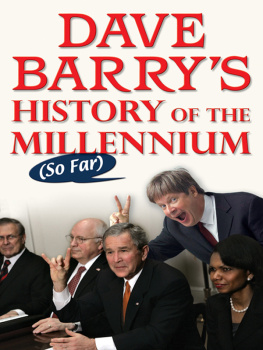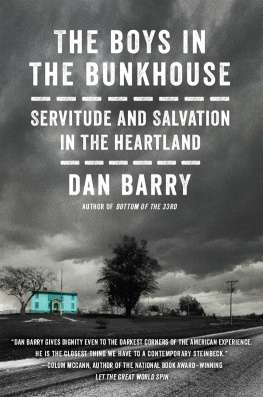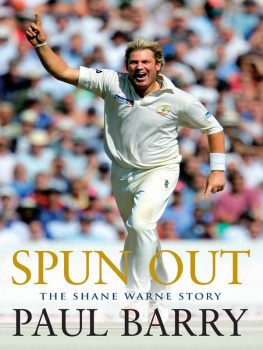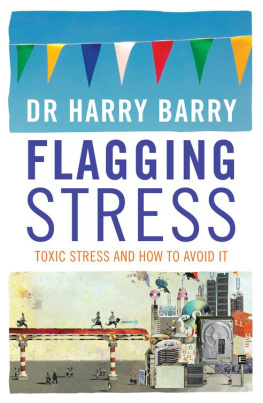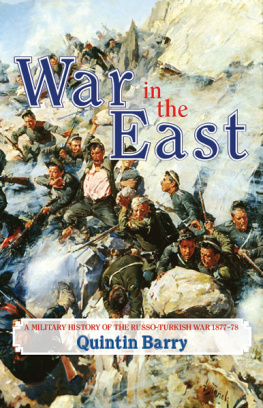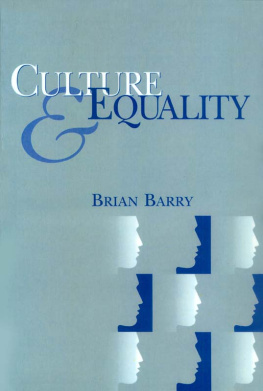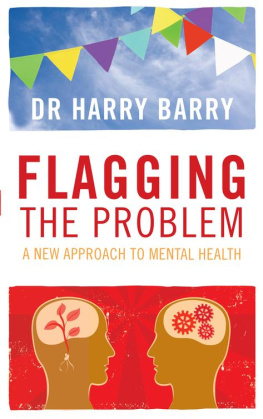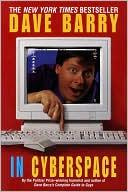DAVE BARRYS HISTORY of the MILLENNIUM (so far)
Dave Barry
G. P. Putnams Sons
New York

G. P. PUTNAMS SONS
Publishers Since 1838
Published by the Penguin Group
Penguin Group (USA) Inc., 375 Hudson Street, New York, New York 10014, U.S.A. Penguin Group (Canada), 90 Eglinton Avenue East, Suite 700, Toronto, Ontario M4P 2Y3, Canada (a division of Pearson Penguin Canada Inc.) Penguin Books Ltd, 80 Strand, London WC2R 0RL, England Penguin Ireland, 25 St Stephens Green, Dublin 2, Ireland (a division of Penguin Books Ltd) Penguin Group (Australia), 250 Camberwell Road, Camberwell, Victoria 3124, Australia (a division of Pearson Australia Group Pty Ltd) Penguin Books India Pvt Ltd, 11 Community Centre, Panchsheel Park, New Delhi110 017, India Penguin Group (NZ), 67 Apollo Drive, Rosedale, North Shore 0745, Auckland, New Zealand (a division of Pearson New Zealand Ltd) Penguin Books (South Africa) (Pty) Ltd, 24 Sturdee Avenue, Rosebank, Johannesburg 2196, South Africa
Penguin Books Ltd, Registered Offices: 80 Strand, London WC2R 0RL, England Selections from this book first appeared in The Miami Herald.
Copyright 1999, 2000, 2002, 2003, 2004, 2005, 2006, 2007 by Dave Barry
Illustrations by Jeff and Susie MacNelly, Chris Cassatt, and Gary Brooklins.
Copyright 1999, 2000, 2002, 2003, 2004, 2005, 2006 by Tribune Media Services.
All rights reserved. No part of this book may be reproduced, scanned, or distributed in any printed or electronic form without permission. Please do not participate in or encourage piracy of copyrighted materials in violation of the authors rights. Purchase only authorized editions.
Published simultaneously in Canada
Library of Congress Cataloging-in-Publication Data
Barry, Dave.
Dave Barrys history of the millennium (so far) / Dave Barry.
p. cm.
ISBN: 978-1-1012-0723-9
1. HistoryHumor. 2. History21st centuryHumor.
3. American wit and humor. I. Title.
PN6231.H47B37 2007 2007014131
818'.5402dc22
While the author has made every effort to provide accurate telephone numbers and Internet addresses at the time of publication, neither the publisher nor the author assumes any responsibility for errors, or for changes that occur after publication. Further, the publisher does not have any control over and does not assume any responsibility for author or third-party websites or their content.
CONTENTS
FOREWORD
A s Abraham Lincoln once said, Journalism is the first rough draft of history.
Or possibly it was Thomas Edison who said that. Im pretty sure somebody said it, because you often hear journalists quote it in an effort to explain how come they get everything wrong.
We see this all the time. Journalists, rushing to get a story out under deadline pressure, will reportbased on preliminary informationthat a ship sank, and 127 people, many of them elderly, perished. Then, upon further investigation, it turns out that nobody, in fact, perished, although one elderly person was slightly injured by a set of dentures hurled by another elderly person in an effort to get the first elderly person to stop talking so loud. Then it turns out that this happened at a nursing home, as opposed to a ship, although the elderly people were watching a video of Titanic at the time, and although there were only four of them, as opposed to 127, the nursing home is located on Route 124, which is only three less than 127, which is not that much of an error when you consider the deadline pressure that journalists operate under.
Thats what we journalists mean when we talk about the first rough draft of history.
I was a practicing journalist for a number of years. I had learned nothing about wastewater treatment, a topic rarely addressed in seventeenth-century British literature.
Yet there I was, wearing a sport coat and taking notes in my official reporter notebook, as the members of the Downingtown Area Regional Sewer Authority discussed, at great length, matters pertaining to sewage, such as sewer interceptors. The Authority was always talking about these, and I wrote many long stories about them, but to this day I have no idea what they are or why anybody would want to intercept sewage. Im sure that the stories I wrote made no sense; fortunately, as far as I could tell, nobody was reading them.
I spent several years cranking out the first rough draft of Downingtown-area sewage history before moving on to other areas of journalism. Eventually, I became a columnist, which is the branch of journalism where instead of attempting to explain topics that you dont know anything about you have strong opinions about them. Some columnists are really good at this. You can wake them up from a dead sleep and ask them: Should the UN send troops to East Zambora? Or: Should the San Francisco city council ban nitrogen from the atmosphere? Or: Which is a better style of British poetry, the metaphysical or the Cavalier? And these columnists will instantly feel very strongly one way or another, and produce six hundred passionate words in support of their views. They can do this even though there is no such place as East Zambora. That is the opinion-generating power that your true columnist possesses.
Me, I cant do it. There are very few issues This kind of story is my bread and butter; I let the other columnists deal with the hard news.
The exception is the Year in Review. This is my one effort to participate, as a journalist, in the writing of the first rough draft of history. Each year, along about Halloween, I start going through the headlines, month by month, summarizing the big stories that happened during that year. My deadline to finish the Year in Review is always early December, so I have to make most of December up, but thats not a big concern as I also make up large chunks of the rest of the year.
The book you hold in your hands contains my reviews of all the years of the Second Millennium so far. As a bonus, this book also includes my review of the First Millennium, covering the years 1000 through 1999. These two millenniums have not been picnics for the human race. But as you read this book and review the many tragedies that have befallen humanity over the years, I suspect that youll come to the same surprising conclusion that I did: No matter what challenges we face as a speciesno matter what hurdles are placed in our waysomehow we always find a way, even in the darkest hour, to make things worse. Its a miracle, really. You read about the events of one year and you think, There is no possible way that human beings can get any stupider than that. Then you read what we did the next year and darned if we didnt pull it off!

